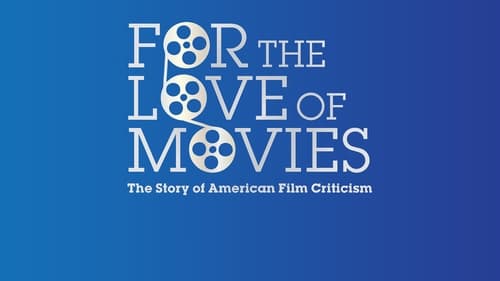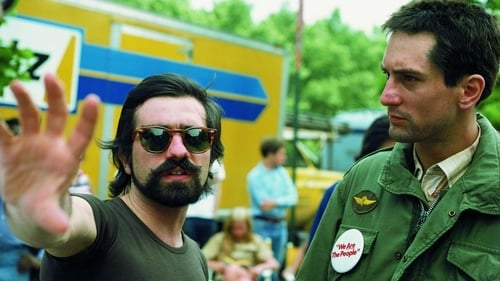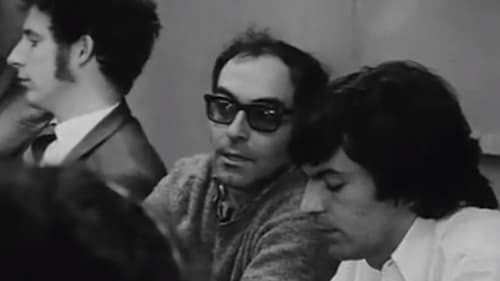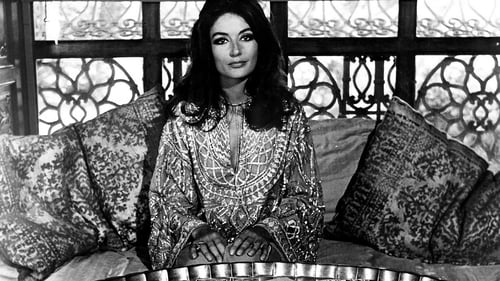
Self
The grim woes that surrounded famed director Peter Bogdanovich and his film, "They All Laughed."

Self
A look at the formation of the career of Iranian filmmaker Abbas Kiarostami.

Himself
The story of American film criticism.

Himself
In this entrancing documentary on performance artist, photographer and underground filmmaker Jack Smith, photographs and rare clips of Smith's performances and films punctuate interviews with artists, critics, friends and foes to create an engaging portrait of the artist. Widely known for his banned queer erotica film Flaming Creatures, Smith was an innovator and firebrand who influenced artists such as Andy Warhol and John Waters.

Self
An examination of "Little Caesar" (1931) by film historians and critics.

Self
Short documentary about the making of "The Petrified Forest."

Self
An examination of "White Heat" (1949) by film historians and critics.

Self
This documentary is featured on Warner Brothers' DVD for The Roaring Twenties (1939), released in 2005.

Self
Documentary covering the Warner Bros. James Cagney /Pat O'Brien classic "Angels with Dirty Faces" (1938), hosted by film historian Rudy Behlmer.

Self
A look at 1970s Hollywood when it was known as New Hollywood, and the director was the star of the movie.

Self
Film critics, actors, film historians and other personalities share their experiences and curious stories on the acclaimed Billy Wilder's masterpiece "Sunset Blvd."; its cultural importance by being one of the most iconic and revolutionary films ever made and a picture that still stands the test of time.

Interviewee
When World War II broke out, John Ford, in his forties, commissioned in the Naval Reserve, was put in charge of the Field Photographic Unit by Bill Donavan, director of the soon-to-be-OSS. During the war, Field Photo made at least 87 documentaries, many with Ford's signature attention to heroism and loss, and many from the point of view of the fighting soldier and sailor. Talking heads discuss Ford's life and personality, the ways that the war gave him fulfillment, and the ways that his war films embodied the same values and conflicts that his Hollywood films did. Among the films profiled are "Battle of Midway," "Torpedo Squadron," "Sexual Hygiene," and "December 7."

Self
A biographical documentary about the great British actor and director Charlie Chaplin (1889-1977), from rags to riches, from the slums of London to glory.

Self
Hailed by some as a cinematic genius, a feminist voice and a true maverick of American cinema, dismissed by others as a voyeuristic fraud and the "world's worst director," Henry Jaglom obsessively confuses and abuses the line between life and art. Featuring scores of interviews (including Orson Welles, Dennis Hopper, Milos Forman and Peter Bogdanovich) and rare behind-the-scenes footage, this hilarious documentary explores the fascinating question of Who Is Henry Jaglom?

Self
An intimate window into one of the great movements in film history that brought about an evolution in the art of cinema. The documentary portrays the movement with insight on the lives and works of Jean-Luc Godard, François Truffaut and other principal players in the New Wave.

Himself
Spring 1970: Godard and Gorin, on the road, visiting colleges, speaking with Andrew Sarris, and explaining, through illustrated notebooks, their newest Dziga Vertov Group project, a film on Palestine.

Screenplay
In Alexandria, in 1938, Darley, a young British schoolmaster and poet, makes friends through Pursewarden, the British consular officer, with Justine, the beautiful and mysterious wife of a Coptic banker. He observes the affairs of her heart and incidentally discovers that she is involved in a plot against the British, meant to arm the Jewish underground in Palestine. The plot finally fails, Justine is sent to jail and Darley decides to return to England.











